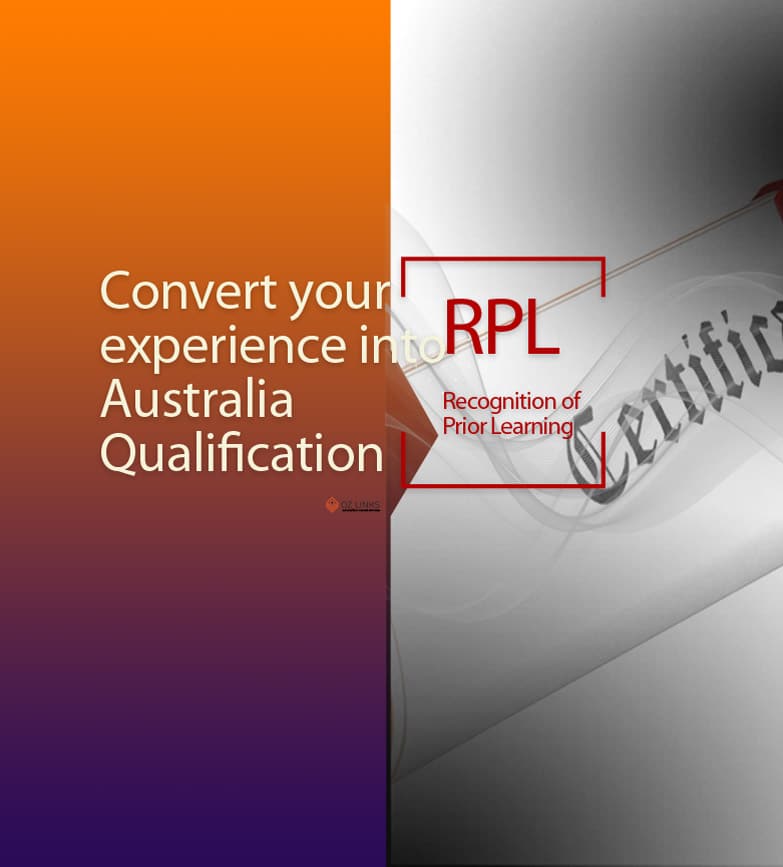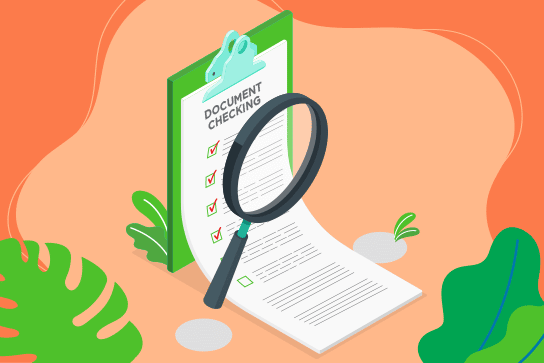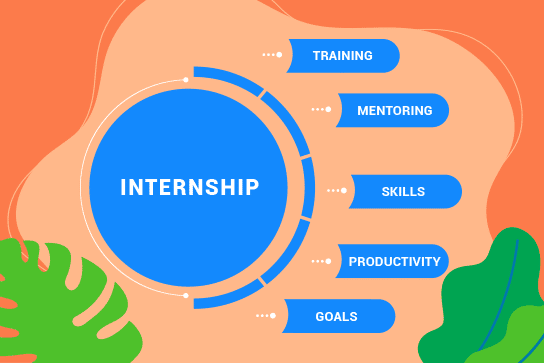LISTEN AUDIO
Last Updated on November 20, 2023 by Ozlinks Education
Qualification Overview
The Certificate III in Individual Support reflects the role of individuals who work in the community, at home, or in a residential care setting under supervision and delegation as part of a multi-disciplinary team, following an individualised plan to provide person-centred support to people who may require support due to ageing, disability, or other reasons.
Within the extent of their work position and delegation, these persons accept responsibility for their own deliverables. Workers possess a broad range of factual, technical, and procedural knowledge, as well as some theoretical understanding of the principles and practices required to give person-centred care.
Qualification Name
Certificate III in Individual Support
Qualification Code
CHC33021
Why do I need this qualification?
Getting your Certificate III in Individual Support could boost your salary and work opportunities. You can do this using the skills you already have, expanding your options as a caring for the elderly and disabled and opening the door to wage negotiations.
As an ageing or disability care worker, you can develop a successful and meaningful career. Finding satisfaction in your work might come from interacting with clients on an individual basis, becoming a trusted friend, and performing duties that improve their quality of life. You can get where you want to go in life with this Certificate III in Individual Support.
International students and migrants may need the Certificate III in Individual Support as part of their migration skill assessment in order to submit visa 491, visa 494, visa 190, and visa 482 applications. Please contact us if you require assistance with skills assessments.
For more information about visa options for the occupation Aged or Disabled Carer, please visit ANZSCO: 423111
What does an aged or disabled carer do?
Aged and disabled careers provide general household assistance, emotional support, care, and companionship for aged and disabled persons in their own homes.
Their job involves:
- accompanying aged and disabled persons during daily activities
- assisting clients with their mobility
- preparing food for clients
- arranging social activities
- performing housekeeping tasks such as vacuuming and cleaning
- assisting in personal hygiene and dressing
- providing companionship, friendship, and emotional support
- may do shopping and run errands.
About Certificate III in Individual Support
To achieve this qualification, competency must be demonstrated in:
15 units of competency must be completed:
9 core units
6 elective units, consisting of:
- at least 3 units from those units listed under Group A or B
- the remaining units from any of the Groups A, B or C below.
Core Units
|
CHCCCS031 |
Provide individualised support |
|
CHCCCS038 |
Facilitate the empowerment of people receiving support |
|
CHCCCS040 |
Support independence and wellbeing |
|
CHCCCS041 |
Recognise healthy body systems |
|
CHCCOM005 |
Communicate and work in health or community services |
|
CHCDIV001 |
Work with diverse people |
|
CHCLEG001 |
Work legally and ethically |
|
HLTINF006 |
Apply basic principles and practices of infection prevention and control |
|
HLTWHS002 |
Follow safe work practices for direct client care |
Elective Units
Group A electives – AGEING specialisation
|
CHCAGE011 |
Provide support to people living with dementia |
|
CHCAGE013 |
Work effectively in aged care |
|
CHCPAL003 |
Deliver care services using a palliative approach |
Group B electives – DISABILITY specialisation
|
CHCDIS011 |
Contribute to ongoing skills development using a strengths-based approach |
|
CHCDIS012 |
Support community participation and social inclusion |
|
CHCDIS020 |
Work effectively in disability support |
Group C Other electives
|
CHCAGE007 |
Recognise and report risk of falls |
|
CHCAGE012 |
Provide food services |
|
CHCAOD001 |
Work in an alcohol and other drugs context |
|
CHCCCS001 |
Address the needs of people with chronic disease |
|
CHCCCS017 |
Provide loss and grief support |
|
CHCCCS033 |
Identify and report abuse |
|
CHCCCS034 |
Facilitate independent travel |
|
CHCCCS035 |
Support people with autism spectrum disorder |
|
CHCCCS036 |
Support relationships with carer and family |
|
CHCCCS037 |
Visit client residence |
|
CHCCCS042 |
Prepare meals |
|
CHCCCS043 |
Support positive mealtime experiences |
|
CHCCCS044 |
Follow established person-centred behaviour supports |
|
CHCDIS011 |
Contribute to ongoing skills development using a strengths-based approach |
|
CHCDIS013 |
Assist with communication using augmentative and alternative communication methods |
|
CHCDIV002 |
Promote Aboriginal and/or Torres Strait Islander cultural safety |
|
CHCGRP001 |
Support group activities |
|
CHCMHS001 |
Work with people with mental health issues |
|
HLTAID011 |
Provide First Aid |
|
HLTHPS006 |
Assist clients with medication |
|
HLTOHC007 |
Recognise and respond to oral health issues |
Why RPL?
The Australian qualification that comes from registered training organisations (RTOs), also known as the qualification that is nationally recognised, can assist you in meeting any of the requirements listed below. The RPL program is suitable for people who:
The Australian qualification obtained via registered training organisations (RTOs), also known as the nationally recognised qualification, can help you meet any of the requirements stated below. The RPL programme is appropriate for individuals who:
- Don't have a degree or relevant certificate but do have work experience in their field.
- You want to work in Australia, but you don't have an Australian degree.
- You want to apply for a working visa but don't meet the visa requirements.
- To work in the health industry, you need to get a formal qualification.
- An Australian qualification helps you open more job opportunities with a higher salary.
All of these issues are typical of Australia's immigrant community. With the RPL program, you can convert work experience anywhere in your country and in Australia into an Australian qualification ranging from certifications II, III, and IV to the Diploma. You can absolutely overcome all of the concerns outlined above and earn a greater wage if you have Australian qualifications.
RPL Qualifications
The benefits of using RPL
Through the Recognition of Prior Learning (RPL) programme, participants can convert their work experience into an Australian qualification, increasing their chances of obtaining a credential commensurate with their level of knowledge and skill. The benefits of RPL include:
- There is no need to learn what you already know.
- It saves you time and tuition fees.
- Open new career opportunities.
- Help you achieve your career change goals in Australia.
- Obtaining an Australian qualification takes less time.
- You don't have to take classes or repeat the training you've already done.
- It's a quick and easy process to get a recognized qualification in Australia.




